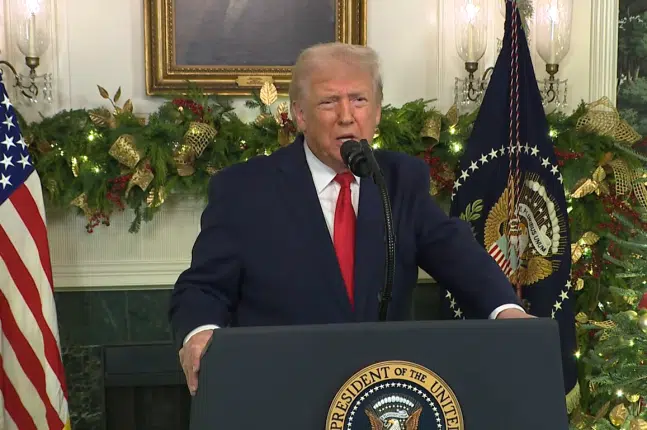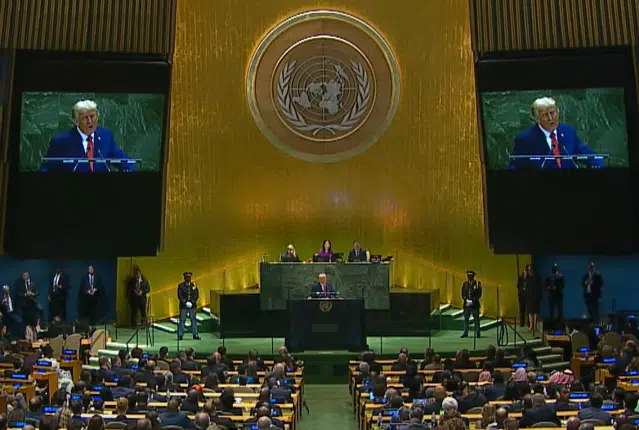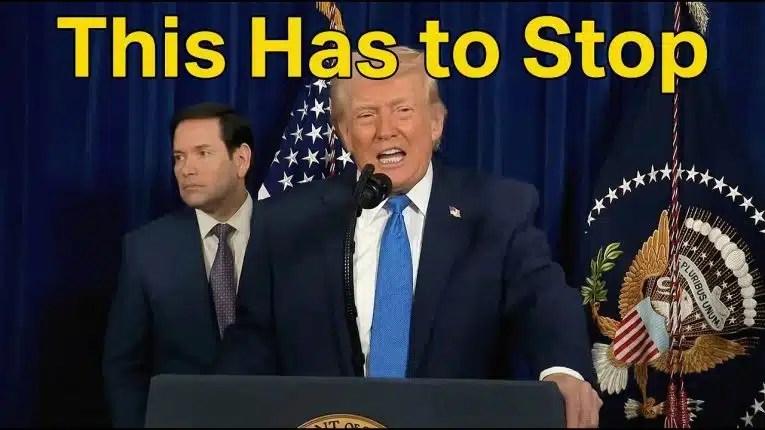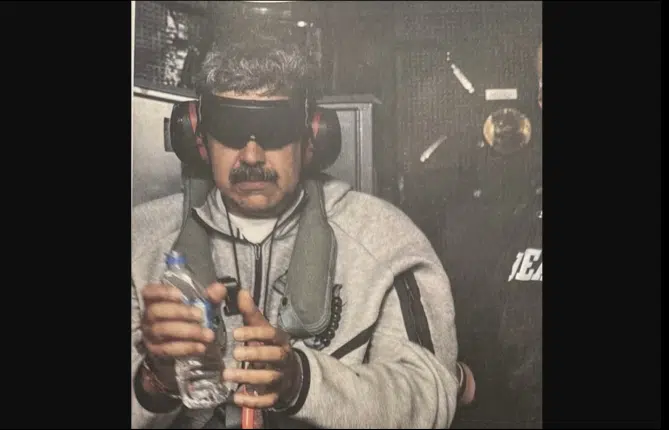 UPDATE: The Obama administration is calling on Congress to not adopt the BULB Act. Read why here.
UPDATE: The Obama administration is calling on Congress to not adopt the BULB Act. Read why here.
By Rebekah Rast – The Better Use of Light Bulbs (BULB) Act could very well turn the lights back on for those in favor of the incandescent light bulb.
Expected to receive a vote in the House of Representatives very soon, the House Energy and Commerce Committee’s legislation, H. R. 2417, would “repeal a provision in the Energy Independence and Security Act of 2007 that requires traditional incandescent light bulbs to be 30 percent more energy efficient beginning in 2012,” according to an article in The Hill.
Repealing this provision in the Energy Act of 2007 is not a new idea. States like South Carolina, Arizona and most recently Texas have taken the matter into their own hands, rebelling against the soon-to-be-government-mandated fluorescent light bulbs.
In fact, Texas Gov. Rick Perry signed into law a repeal of the federal government incandescent light bulb ban. Any incandescent light bulbs manufactured and sold in Texas now steer clear of the authority of the federal government.
After all, says Bill Wilson, president of Americans for Limited Government (ALG), “the federal government has no authority to tell citizens what type of lighting they can and cannot use.”
The majority of American people seem to agree. A new poll suggests 58 percent of respondents oppose banning the incandescent light bulb when asked by Pulse Opinion Research. The poll question specifically read, “While banning the sale of traditional light bulbs, a new law will allow only more expensive light bulbs that are expected to last longer and be more energy efficient. Should the sale of traditional light bulbs be banned?” Even 44 percent of Democrats did not favor the phasing out of the incandescent light bulbs.
Furthermore, 40 percent of respondents indicated that they would be less likely to vote for a politician that supported the light bulb ban.
ALG’s Wilson says repealing this mandate in the Energy Act would be “a big political winner for elected officials like Gov. Perry with 72 percent of self-described likely Republican voters and 57 percent of the likely Independent voters opposing the ban.”
As the election seasons heat up and the incandescent ban is scheduled to go into effect in 2012 it would seem the U.S. House of Representative may be listening to the people who don’t want to be told by the fed government that Thomas Edison’s better idea is no longer available.
Rebekah Rast is a contributing editor to Americans for Limited Government (ALG). You can follow her on twitter at @RebekahRast.






